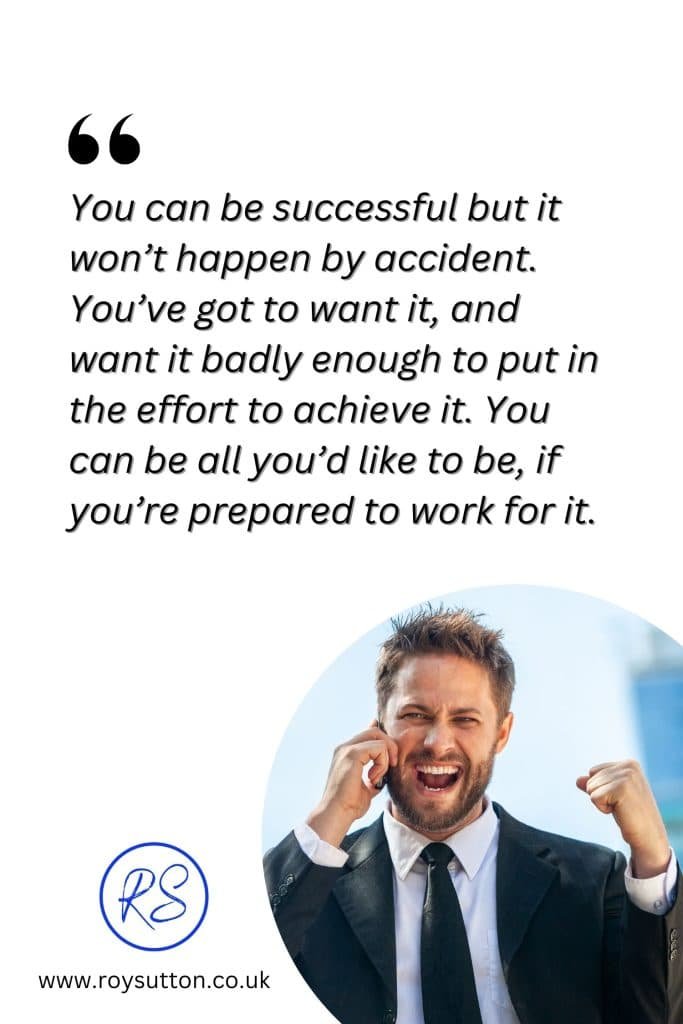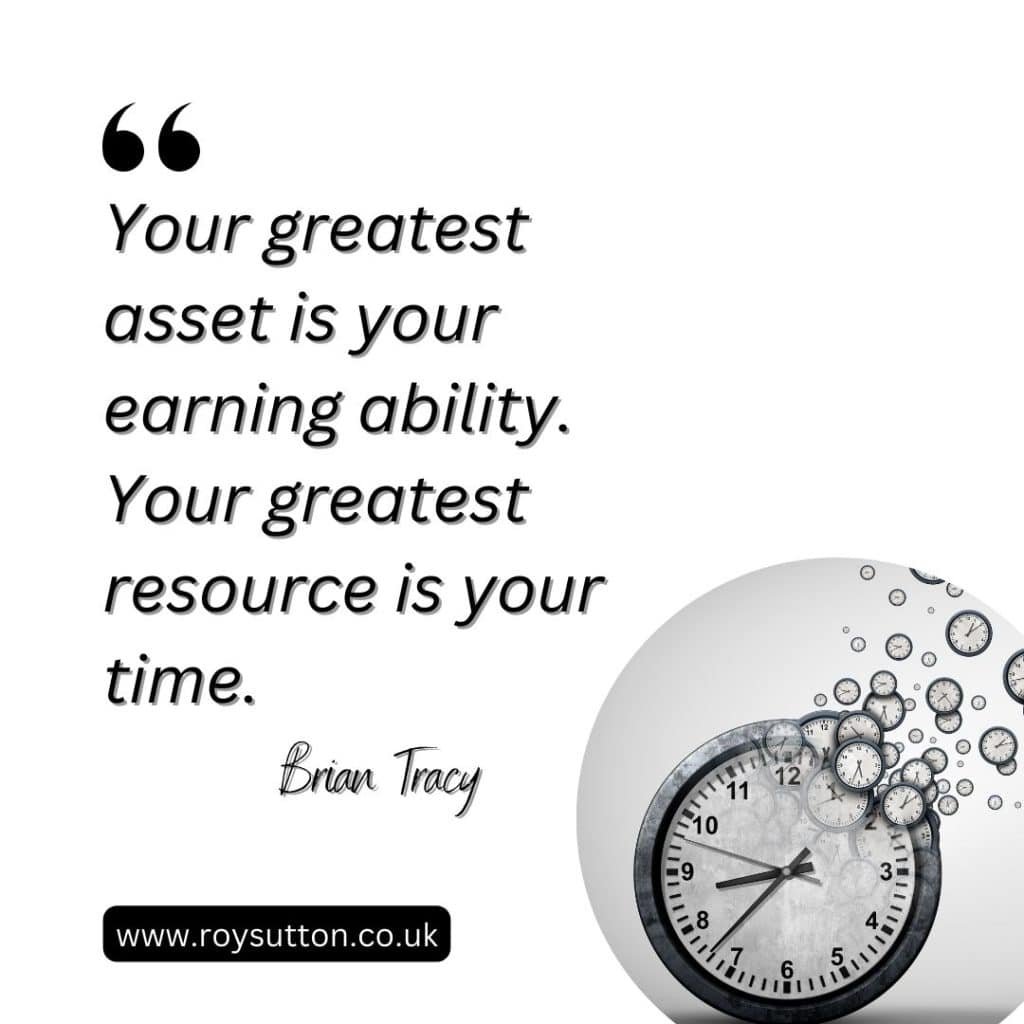
Usually, when I curate a series of quotes, I tend to select them around a single theme. Today I’ve adopted a different approach. I thought you might like some thought-provoking quotes about anything and everything.
Nevertheless, please don’t equate the lack of a theme with quotes that might otherwise be less than special. Today’s quotes are all brilliant, I think, and I’m confident you’ll agree.
So please take a few minutes to reflect on these 25 thought-provoking quotes about anything and everything.
And please feel free to pass them on.

Quotes about anything and everything (1-15):
- If you can dream it, you can do it. ~Walt Disney
- The secret of getting ahead is getting started. ~Mark Twain
- In the middle of every difficulty lies opportunity. ~Albert Einstein
- We all have to sell something to survive. ~Robert Louis Stevenson
- Without hard work, nothing grows but weeds. ~Gordon B Hinckley
- Things do not happen. Things are made to happen. ~John F Kennedy
- Don’t watch the clock; do what it does. Keep going. ~Sam Levenson
- Whether you think you can or think you can’t, you’re right. ~Henry Ford
- In order to succeed, we must first believe that we can. ~Nikos Kazantzakis
- To succeed be different, be daring and be there first. ~ Author Unknown
- The main thing is to keep the main thing the main thing. ~Author Unknown
- You’ll never change your life until you change something you do daily. ~Mike Murdock
- Figure out what you really love doing and use your strengths on a daily basis. ~Tom Rath
- Pursue one great decisive aim with force and determination. ~Carl von Clausewitz
- Develop a passion for learning. If you do, you’ll never cease to grow. ~Anthony J D’Angelo

Quotes about anything and everything (16-25):
- When something is important enough, you do it even if the odds are not in your favour. ~Elon Musk
- If you want to conquer fear, don’t sit home and think about it. Go out and get busy. ~Dale Carnegie
- If you don’t like the job and are only doing it for the money, you’re on a losing wicket. ~Carolyn McCall
- Don’t aim for success if you want it; just do what you love and believe in and it will come naturally. ~David Frost
- I really believe that everyone has a talent, ability or skill that he can mine to support himself and to succeed in life. ~Dean Koontz
- Our greatest weakness lies in giving up. The most certain way to succeed is always to try just one more time. ~Thomas A Edison
- I don’t believe you have to be better than everybody else. I believe you have to be better than you ever thought you could be. ~Ken Venturi
- When I stand before God at the end of my life, I would hope that I would not have a single bit of talent left, and could say, ‘I used everything you gave me’. ~Erma Bombeck
- You are not here merely to make a living. You are here in order to enable the world to live more amply, with greater vision, with a finer spirit of hope and achievement. You are here to enrich the world, and you impoverish yourself if you forget the errand. ~Woodrow Wilson
- Today is life, the only life you are sure of. Make the most of today. Get interested in something. Shake yourself awake. Develop a hobby. Let the winds of enthusiasm sweep through you. Live today with gusto. ~Dale Carnegie

Please share this post with your friends:
If these quotes about anything and everything were interesting to you, then perhaps they might interest others you know too.
Please share this post with your friends on social media because when you share, everyone wins.
If you could share this post now, I would be ever so grateful.
Like every blogger, I can only keep doing what I do if readers are viewing my blog posts. So you really can help me, dear reader.
Thank you.
Articles you might enjoy:
- 15 Quotes by Buddha that’ll make you think
- 55 African proverbs and the wisdom of the ancients
- 15 quotes to emphasize the importance of time management
- 29 favourite quotes to inspire you when you’re down
- 27 Quotes by Coco Chanel to inspire you
- 15 Quotes by Dr Laura Schlessinger
- 15 Quotes by Dr Joy Browne to inspire you
- 22 Funny Winston Churchill Quotes
- 15 quotes by Lily Tomlin that are sharp and witty
- 30 Sarcastic quotes about life lessons to amuse you
- 30 sharp and funny quotes by George Carlin
- 15 Quotes by Khalil Gibran to make you think
- 21 Quotes by Clint Eastwood you’ll just love
- 15 Quotes by David Brent to brighten your day
- 15 witty quotes by Joan Rivers to raise a smile
- 10 quotes about cats that’ll make you smile
- 15 Quotes by George Orwell that’ll make you think
- 10 memorable lines from the movies you’ll enjoy
- 20 classic Elaine Benes quotes that’ll make you smile
- 15 amusing quotes by Spike Milligan to raise a smile
- 19 Best Homer Simpson quotes that’ll make you smile
- 21 Del Boy quotes for fans of Only Fools and Horses
- 15 Very Funny One-Liners by Billy Connolly
- 37 funny comebacks for dealing with rude people
- The 30 best bitchy comments that’ll really make you smile
- 31 great quotes from Larry David in Curb Your Enthusiasm
- 15 amusing quotes by Jerry Seinfeld to brighten your day
© Mann Island Media Limited 2025. All rights reserved.























































